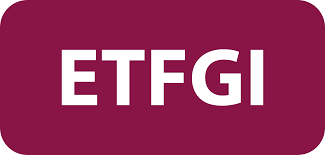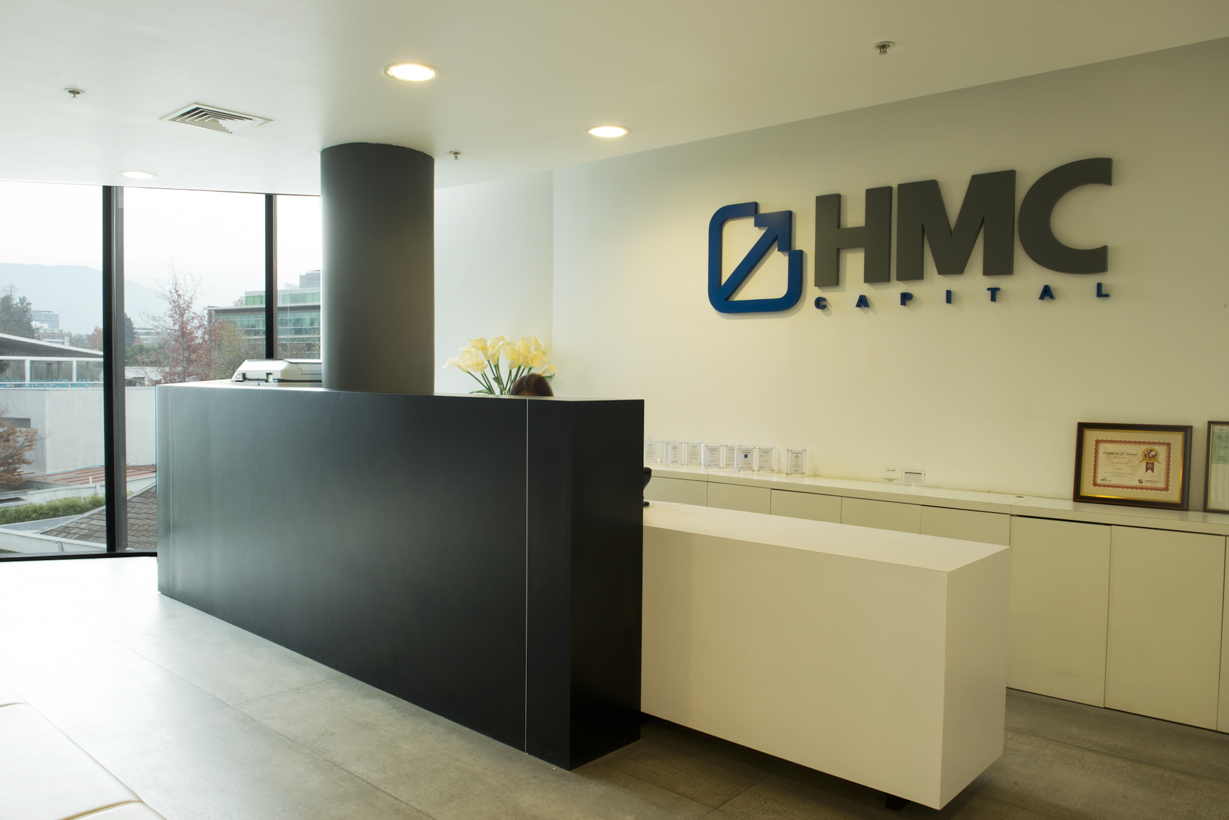The ETF market in Brazil is set to soon receive more product offerings: 20 new tickers from U.S. asset manager First Trust will arrive in Brazil through HMC Capital. According to April Reppy Suydam, Head of Distribution for First Trust in Latin America, the assets should be available by the end of the year, distributed across three or four fronts.
The manager is targeting the institutional market but will also cater to individuals. “At this moment, we are prioritizing thematic and multi-strategy solutions,” says April. First Trust is the sixth-largest ETF manager in the U.S., with $158.7 billion distributed in this segment, the most representative part of the total $225 billion in assets managed.
“There are disruptive AI strategies; both related and unrelated to clean energy. We have healthcare, ‘green’ buildings not related to ESG, as well as geographic solutions with assets from Japan and India,” says the Head of Distribution in Latam.
HMC: Focusing on Diversification
According to Felipe Durán Amoedo, ETF and cryptocurrency specialist at HMC Capital, the new assets aim to meet the diversification needs of some institutional players, such as local investment funds. “We see many assets, banks, and family offices seeking diversification solutions,” he says, highlighting that the distributor also sees “growing activity among individual investors” for ETFs.
A significant part of the demand, Amoedo says, comes from the technology sector. “The technology theme is hot,” he states. AI, cloud computing, and cybersecurity are present in recent conversations with HMC’s institutional clients. Fixed income remains active in the house’s portfolio, which should incorporate products from the category with actively managed ETFs.
Investor Education as a Fundamental Step
However, it is not enough just to bring new products to the country, according to April Suydam. The Latam Distribution Head at First Trust states that an important step for the manager is to expand knowledge about the potential benefits of ETFs. “Although ETFs have existed in Brazil for 20 years, they are still just beginning to be used,” she says.
“We have a lot of work to do for certain investors, but I am excited because there is an evolution, which we knew would happen and has to do with diversification from an educational perspective,” she says, referring to individual investors. “The institutions we work with already understand it well. But it’s another thing to convey this to the common Brazilian investor, competing against all the biases towards fixed income,” she states.
“However, I already notice a difference in investments, which are gradually expanding to other products. Personally, I have a lot of patience, and we will be here in Brazil for a long time.”



